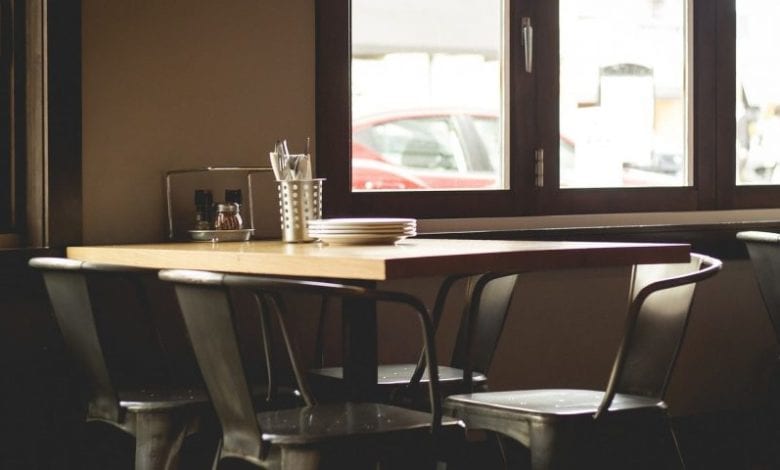15 of the top 20 UK restaurant companies ‘cannot cover debts’

According to research by accountancy group UHY Hacker Young, 15 of the top 20 UK restaurant companies do not have enough cash to cover their debts falling due in the next year.

Join 14,000 hospitality professionals with a membership
Get unlimited access and stay in the know. First-year special offer pricing. Cancel any time.
You have read 2/2 free articles this month.

How many members should have access to the subscription?
Monthly
Yearly
Save £9.89
No, thanks
I already have an account

According to research by accountancy group UHY Hacker Young, 15 of the top 20 UK restaurant companies do not have enough cash to cover their debts falling due in the next year.